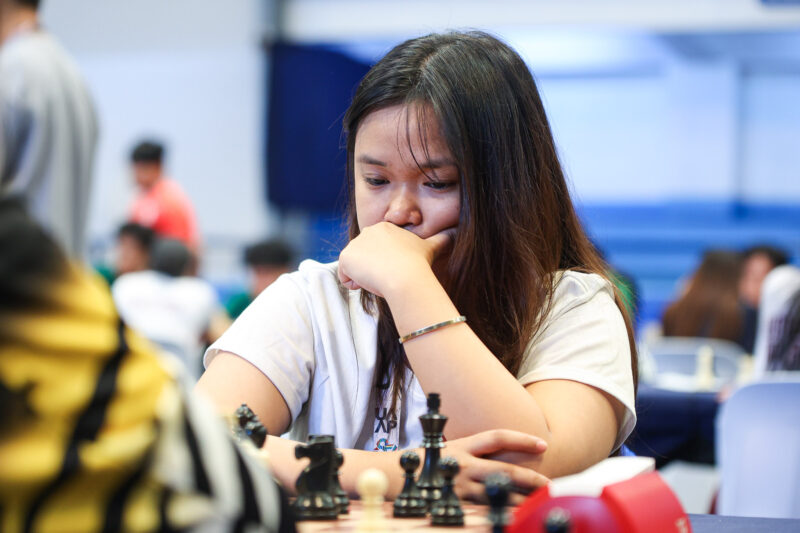Most people prescribe a shelf life to an artist’s relevance. Time changes tastes; what made sense yesterday may not bear the same relevance a decade from now. However, a voice from local music’s golden age in the ‘70s continues to make a salient point. Refusing to become just another voice on your dad’s playlist, Jim Paredes has become one of the modern icons and commentators of Filipino culture.
Track record
Paredes first became known as part of the musical group Apo Hiking Society, commonly known as APO, with fellow Ateneans Danny Javier and Boboy Garovillo. Formerly named after Apolinario Mabini, the trio’s name was eventually shortened to “Apo” (“wise man” in Ilocano). The group was among the artists who pioneered the rise of Original Pilipino Music (OPM) nearly four decades ago.
While OPM today loosely means music produced by Filipino artists, the idea was much more revolutionary during his time.
“Young people [back then] wanted to create songs that talked about their own experiences in the vernacular,” recalls Paredes. “We were singing and dancing to our own songs in ways no different from free people in England, USA and other places who reveled in their own culture and identity.”
Apart from their hits “Panalangin” and “Batang Bata Ka Pa,” Paredes and company produced political material like “American Junk,” which critiqued the United States’ influence over the country, and “Hindi Ka Nag-Iisa,” which expressed their solidarity with the nation over the assassination of Ninoy Aquino.
“Artists and musicians must give their audience ‘aha!’ moments and awaken in them aspects of themselves they did not previously know,” he explains. APO’s legacy in this country’s history is literally set in stone—Paredes’ song, “Handog ng Pilipino sa Mundo,” was the anthem of the 1986 People Power Revolution, inspiring Filipinos to believe in their power to rebuild in the wake of the Marcos dictatorship. Its lyrics are engraved on the revolution’s iconic monument, the EDSA Shrine.
Sadly, he says such boldness died out upon the “Americanization” of the music industry, particularly of FM radio programming. This forced artists to conform to labels—literally and figuratively.
“[Prior to that,] OPM was played in every station and allowed to be whatever it wanted to be,” he says. “With the Top 40 format, it had to fit in a box to get airplay.”
Bridging the gap
Paredes has spent the greater chunk of the last five years in Sydney, Australia. The 2,847-mile distance between Manila and Sydney is not just physical—in contrast to his life in Manila, where issues on politics and the Church explode every two weeks, his days in Sydney consist of meditation, doing the rounds online, holding workshops, writing, and goofing around with his grandchild.
To compensate for the distance, Paredes embraces the Internet and its power to shape Filipino identity. “Social media is eating away at the parochial backward thinking that many of our kababayans grew up with,” he says. “We are seeing in real time how things are done in other societies and [we are] learning from them. We are also seeing ourselves in a new light.”
Some see tension between being an outspoken nationalist and living in a foreign country. In a public Twitter debate last February, Senator Gringo Honasan dismissed Paredes’ criticism of him by saying, “Until you have faced the business end of a gun as a soldier, for God, country and family here, you know nothing. I didn’t go abroad.”
Paredes shrugged it off. “[There’s] nothing wrong [with leaving] our country “[to] learn abroad and come back to apply knowledge,” he replied. “Rizal, Ninoy and Luna did just that. Geography is not the only requirement to be Filipino. 11 million [OFWs] agree.”
Shared significant experiences matter more to Paredes and so far his attendance is pristine: he was in the country during the outrage of the ZTE and fertilizer scams, the tragedy of Typhoon Ondoy, and during the lead-up to the 2010 elections. “It seems like I never left, actually,” he says.
With widely read accounts under social media platforms Tumblr and Twitter, a weekly column for the Philippine Star, a WordPress-hosted blog (http://haringliwanag.pansitan.net) and a strong presence on Facebook and Sydney-based social networking site Our Social Life, it seems that the Internet has become Paredes’ new stage.
Pag masaktan sila, ‘aray’ pa rin ang sigaw nila. Hindi ‘ouch.’
– Jim Paredes, on Filipinos abroad
He’s done his share of civic discourse online, too—on different occasions, he has called out Willie Revillame and Senator Bongbong Marcos on Twitter and continues to respond to critics of his pro-Reproductive Health Bill stance.
“As an artist, the ultimate thrill is to engage the audience, and the world is the ultimate audience,” he says. “I like sharing my views with people and hearing what other people are saying as well.”
Paradigm shift
To simply restrict Paredes’ nationality within the confines of his location would be a mistake; he considers himself not only a world citizen but a part of greater humanity. He believes that while Filipinos may find themselves immersed in new cultures, their “Filipinoness” can never be erased. He puts it plainly: “Pag masaktan sila, ‘aray’ pa rin ang sigaw nila. Hindi ‘ouch.’”
For Paredes, whose eyes have been witness to the significant moments that now define contemporary Filipino identity, Filipinos are bound to each other by music, humor and spirituality.
Amidst all these commonalities that move like invisible threads spanning the globe and going in every possible direction, Paredes has found the center.
“The Filipino identity may have its roots in a geographical place called the Philippine Islands,” he says, “but its soul resides in the heart of Filipinos—wherever they are.”
Fill in the blanks
1. I never learned: “to dance, to accept compliments comfortably, accounting or math!”
2. The Azkals are: “a new archetype of Filipino power—smart, talented and capable of being world class.”
3. Trait I dislike most in myself is: “occasional bouts of indecision.”
4. If it gets easy: “I always bring it to a higher level.”
5. The most overrated virtue is: “nationalism, especially when it is parochial, small-minded, and myopic.”







